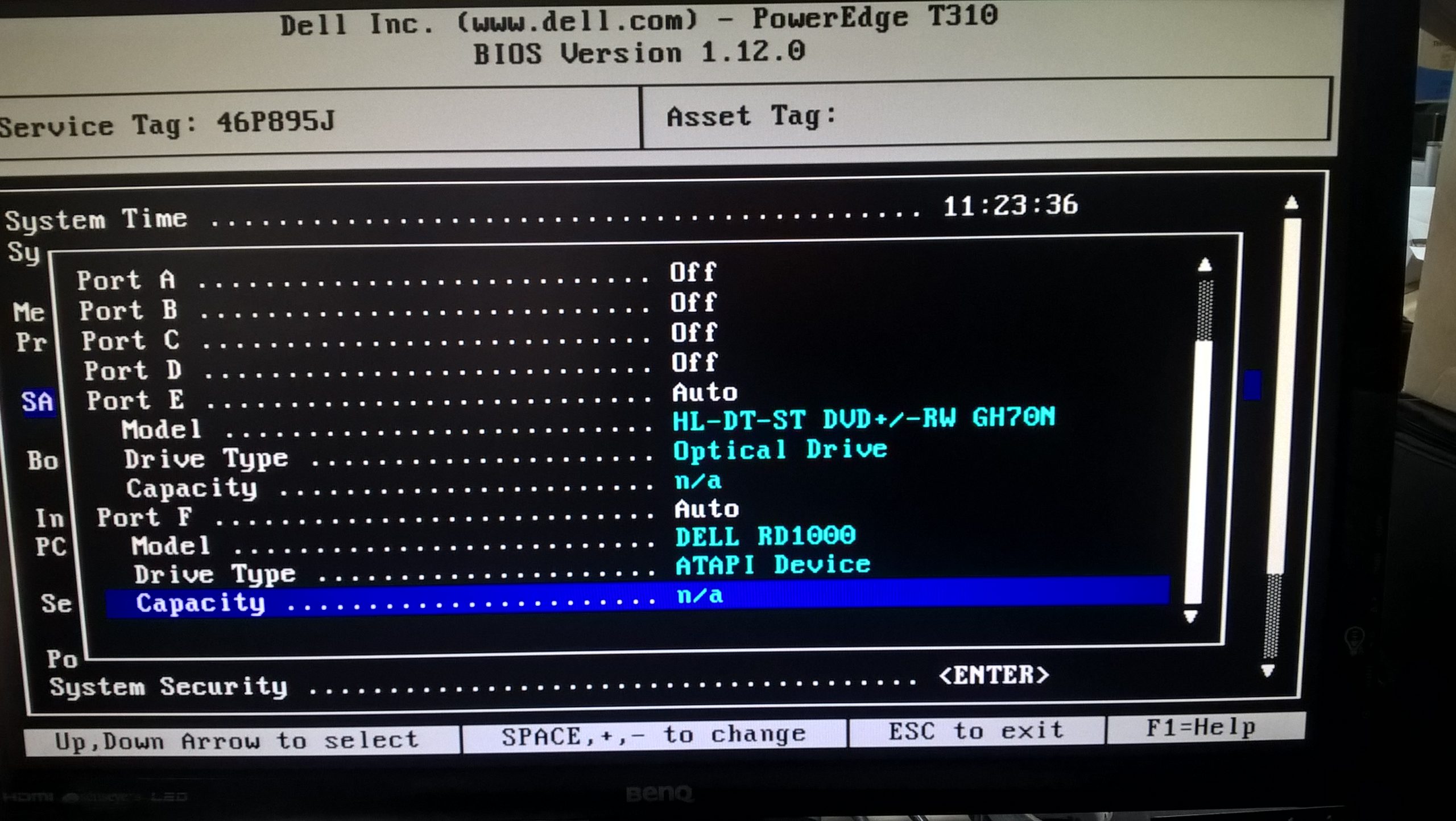Security Breach: How InfraGard’s Oversight Risks Confidential Data
In a concerning turn of events, InfraGard, a critical initiative under the purview of the U.S. Federal Bureau of Investigation (FBI), has suffered a substantial security breach. This program, intended to foster cooperation between private sector entities and federal agencies for sharing crucial cyber and physical threat information, has inadvertently exposed its vulnerabilities.
Recent reports indicate that a fake applicant was able to circumvent the vetting process, leading to the unauthorized scraping of InfraGard’s user database. This breach has resulted in the personal details of over 80,000 members being put up for sale on a cybercrime forum. In a troubling twist, the hackers have also been able to engage directly with InfraGard members through the platform by creating an account that impersonates a legitimate figure within the financial industry—an identity that had already been approved by the FBI.
This incident raises serious questions about the vetting capabilities of InfraGard and challenges the integrity of the security protocols in place. As private sector companies increasingly rely on information sharing to protect against threats, the integrity of platforms like InfraGard becomes ever more crucial.
To read more detailed information about this security lapse and its implications, visit Krebs on Security. It’s a stark reminder of the importance of vigilance and robust security measures in our ongoing battle against cyber threats.
Share this content:




Thank you for sharing this important update. Security breaches like this highlight the critical need for comprehensive vetting and monitoring processes within sensitive organizations like InfraGard. To enhance your platform’s security, consider implementing multi-factor authentication (MFA) for member login processes, rigorous identity verification protocols, and regular audits of user activities. Additionally, deploying advanced anomaly detection systems can help identify suspicious behavior early. Ensuring robust access controls and periodic security training for staff involved in vetting can also reduce the risk of such oversights. If you need assistance tailoring security measures or integrating specific tools, feel free to reach out – we’re here to help strengthen your security posture.